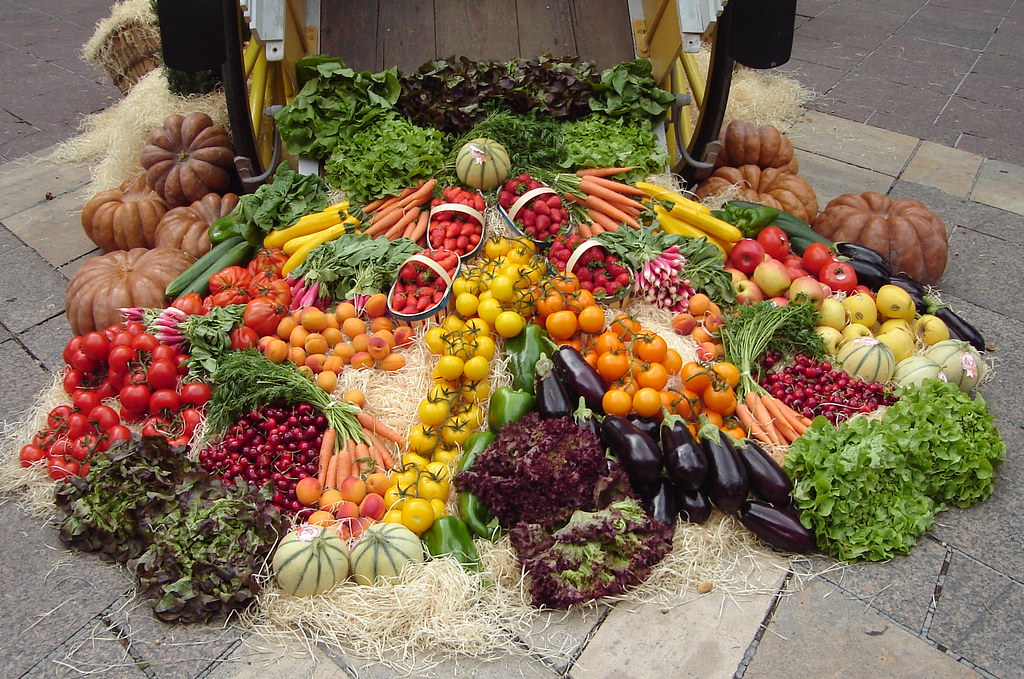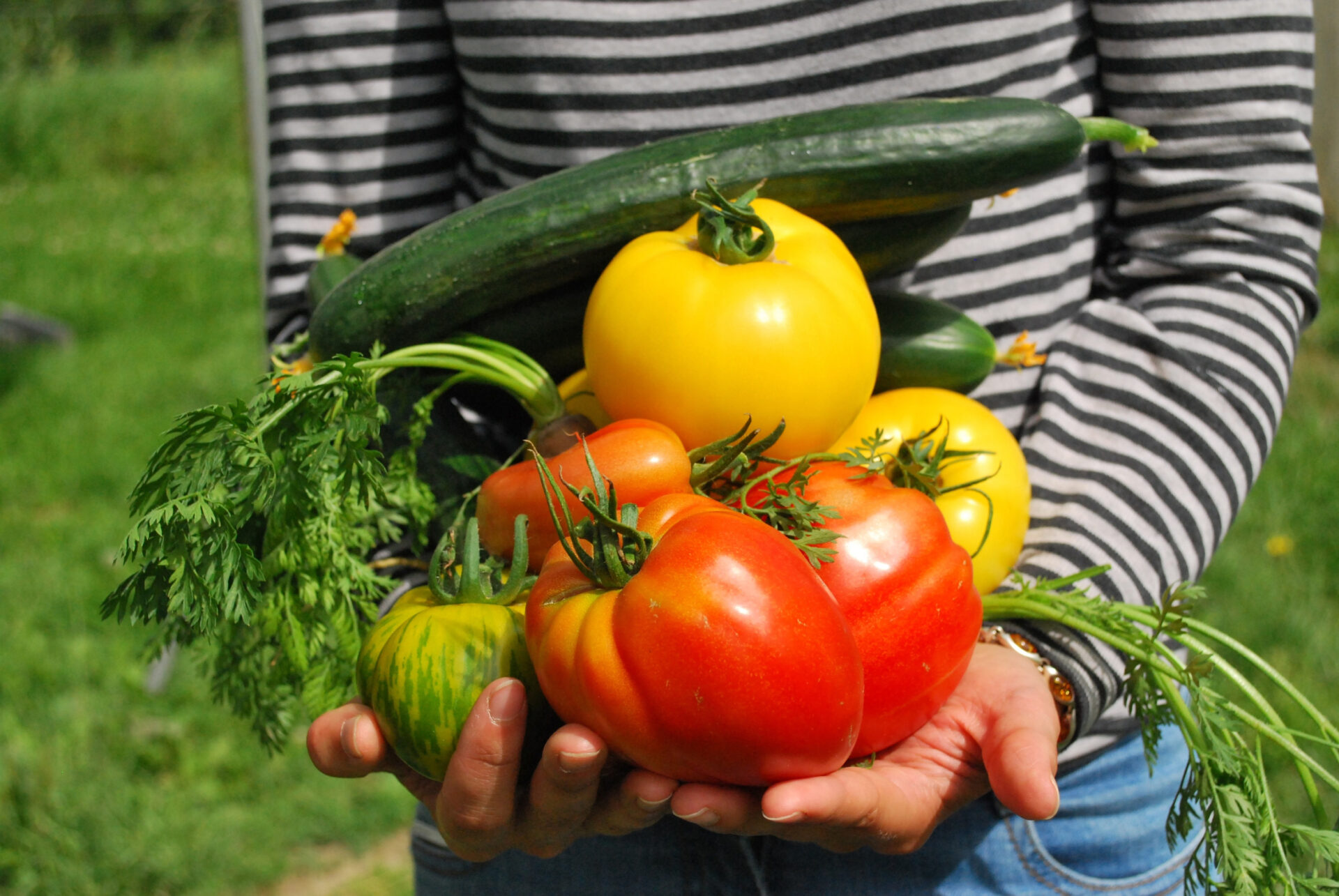Step into the world of food production and you’ll find a seemingly endless debate raging on: organic vs. non-organic feed. With shelves lined with an array of products claiming to be healthier, tastier, and more ethical, it’s no wonder consumers are left confused and curious. Are the promises of organic feed worth the extra penny? Does non-organic feed pose any real dangers? In this article, we delve into the tangled web of organic and non-organic feed, untangling the differences, benefits, and potential drawbacks, so you can make an informed choice about what ends up on your plate. So, get ready to explore the vast pastures of this fascinating topic, where nature and commerce intersect in a complex dance.

1. Astounding Benefits of Choosing Organic Feed for Your Livestock: A Sustainable and Nutrient-Rich Alternative

Astounding Benefits of Choosing Organic Feed for Your Livestock
When it comes to nourishing your livestock, opting for organic feed is a game-changer. Not only does it promote sustainability, but it also offers a plethora of advantages for the health and well-being of your animals. Here are some remarkable benefits that come with choosing organic feed:
- Nutrient-rich: Organic feed is packed with essential vitamins, minerals, and antioxidants, ensuring that your livestock receives a well-balanced and wholesome diet.
- Promotes animal welfare: By opting for organic feed, you support a more ethical approach to farming, prioritizing the welfare and natural behaviors of your animals.
- Reduces chemical exposure: Organic feed is free from harmful pesticides, antibiotics, and synthetic additives, reducing the risk of chemical residues in your livestock products.
- Enhances soil health: Utilizing organic feed contributes to soil sustainability, fostering healthier ecosystems and preserving natural resources.
So why settle for anything less when you can provide your livestock with a sustainable and nutrient-rich alternative? Choose organic feed for the well-being of your animals and the environment.
2. Unveiling the Hidden Dangers: The Environmental and Health Implications of Non-organic Feed

In the world of agriculture, the use of non-organic feed poses a significant threat to both the environment and human health. The environmental implications are vast, as non-organic feed often contains harmful chemicals and pesticides that seep into soil and water sources, causing pollution and ecosystem disruption. Furthermore, consuming meat or dairy products from animals fed with non-organic feed can lead to the ingestion of these harmful substances, posing potential health risks such as hormone disruption, antibiotic resistance, and an increased risk of certain diseases. It is crucial to raise awareness about these hidden dangers and promote the adoption of organic feed for a healthier, more sustainable future.
Wrapping Up about Organic vs. Non-organic Feed: What’s the Difference?
In conclusion, the choice between organic and non-organic feed ultimately rests in the hands of the consumers and the farmers themselves. As we have discovered in this insightful exploration, there are significant differences between the two options in terms of sourcing, composition, and potential health benefits. Organic feed offers a more sustainable and natural approach, minimizing the use of chemicals and genetically modified organisms, while non-organic feed, though often more cost-effective, comes with potential drawbacks such as pesticide residues and reduced biodiversity.
By delving into this complex topic, we have gained a better understanding of the impact our choices can have on the overall food system, from farm to table. Whether you prioritize supporting local, sustainable practices or are driven by economic considerations, it is vital to remain well-informed to make conscious decisions about the food we consume.
As we reflect on the nuances of organic vs. non-organic feed, let us remember the importance of informed consumerism and the power we hold to shape the future of our food systems. Regardless of our personal preferences, we cannot deny the significance of responsible farming practices and the need for continuous research and innovation in agriculture.
So, next time you pick up that carton of eggs or package of meat at the grocery store, take a moment to consider the journey it has taken, the feed that nourished the animals, and the impact it may have on your health and the environment. By making mindful choices, we can all contribute to a more sustainable and nourishing future for ourselves and the planet.
